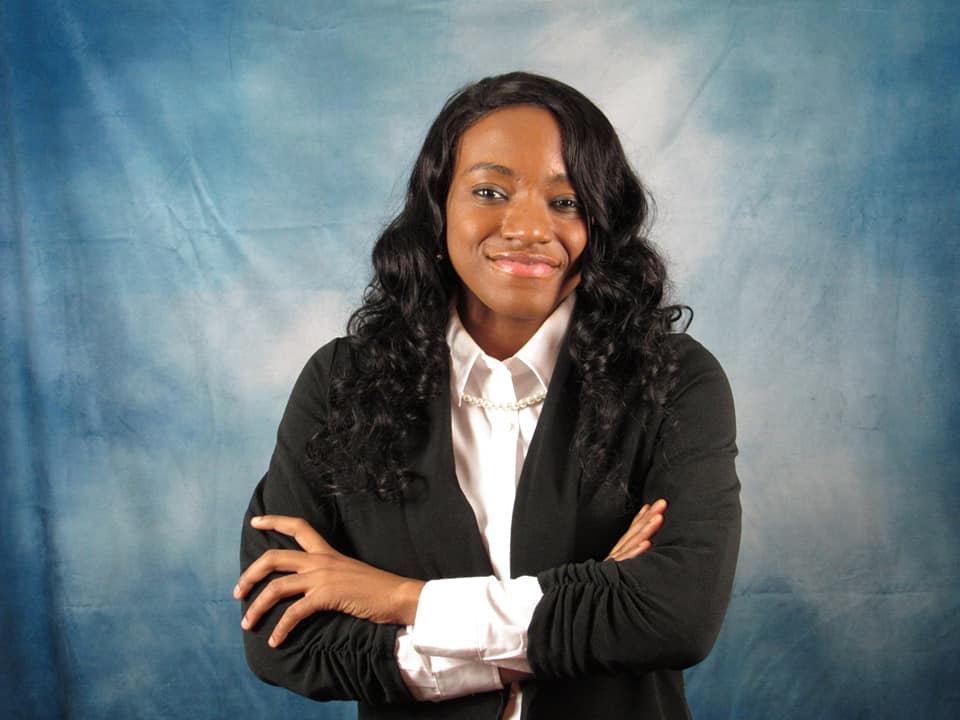
By Kimani Francois | Guest Writer
Kimani Francois is a writer, poet, theologian, and Theo-Activist. She graduated from Wheaton College in May of 2019 with a degree in Communication with a concentration in Rhetoric and Culture. She is currently pursuing her Master’s of Divinity at Candler School of Theology at Emory University. She is the host of Kiki’s Korner: Where Biblical Principles Meet Culture.
State sanctioned violence and the miscarriage of justice are human rights issues rooted in racism, anti-Blackness, inequality, white supremacy, and nationalism. Black women have been in a domestic violence relationship with police officers for decades. Today, there are countless numbers of Black women in the grave due to assault, injury, and murder by police officers.
Legal Scholar Michelle Jacobs says, “Black women are murdered by the police. They are assaulted and injured by the police. They are arrested unlawfully by the police; and finally, they are tried, convicted and incarcerated for defending themselves against nonpolice violence.”
Moreover, there has been a second death of these women due to the criminal justice system’s negligence in prosecuting police officers. The New York Times reported that “since 2015, nearly 250 women in total have been killed by police officers, of which 48 — about a fifth — were Black,” and only two officers were charged.
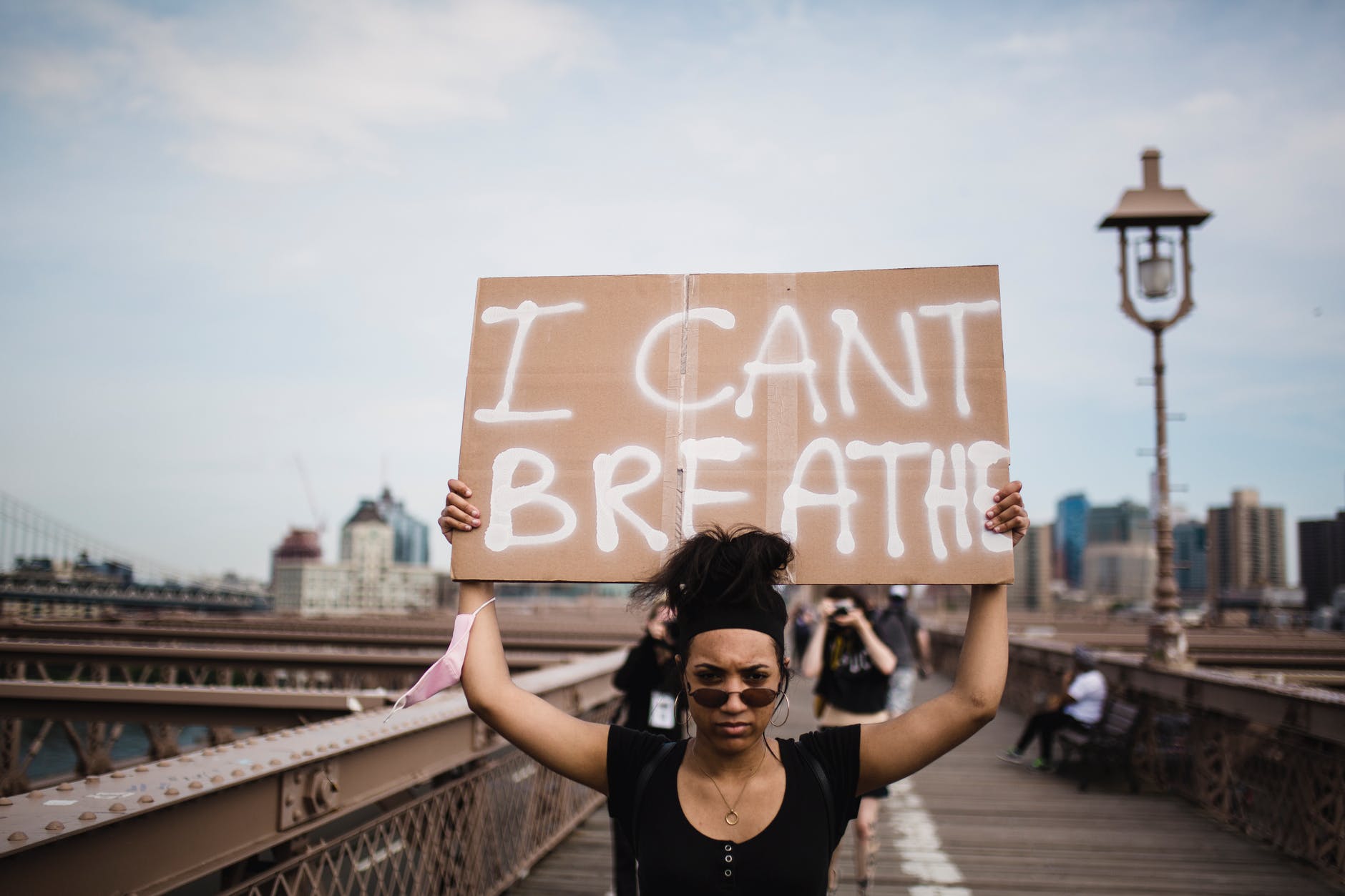
The Role of Black Women in Organizing
Now is the time for Black women to be spotlighted in the center of social justice movements because we are the center that drives social justice movements. We organize, advocate, and protect Black men at the hands of state-sanctioned violence without hesitation.
Darnella Fraizer, a 17-year-old, filmed the killing of George Floyd. Alicia Garza, Patrisse Cullors, and Opal Tometi started Black Lives Matter in response to the acquittal of George Zimmerman in the death of Trayvon Martin. Mamie Till, mother of Emmett Till, famously said, “Let the people see what they did to my boy.”
Black women are the scribes for Black men, making sure that their memory lives on in people’s souls. But there is a sluggishness to “Say Her Name” when America forgets. Now is the time to write ourselves into this unfortunate history, and we must let the people see what they are doing to us.
“If we are silent about our pain, they will kill us and say we enjoyed it.”
Zora Neale Hurston
Living with State-Sanctioned Violence
We live in dangerous times, but state-sanctioned violence against Black female bodies is not a new phenomenon. Fannie Lou Hamer was beaten and sexually assaulted by Highway State Patrol in Mississippi for trying to vote. Sandra Bland died in a Texas jail cell after she was taken into custody for a traffic infraction. Korryn Gaines was killed on her kitchen floor in a six-hour stand-off. Atatiana Jefferson‘s life was taken while babysitting her nephew. Now in 2020, Breonna Taylor was murdered in her bed.
Out of the cases I have mentioned, only one of the offending officers has been indicted for criminal charges.
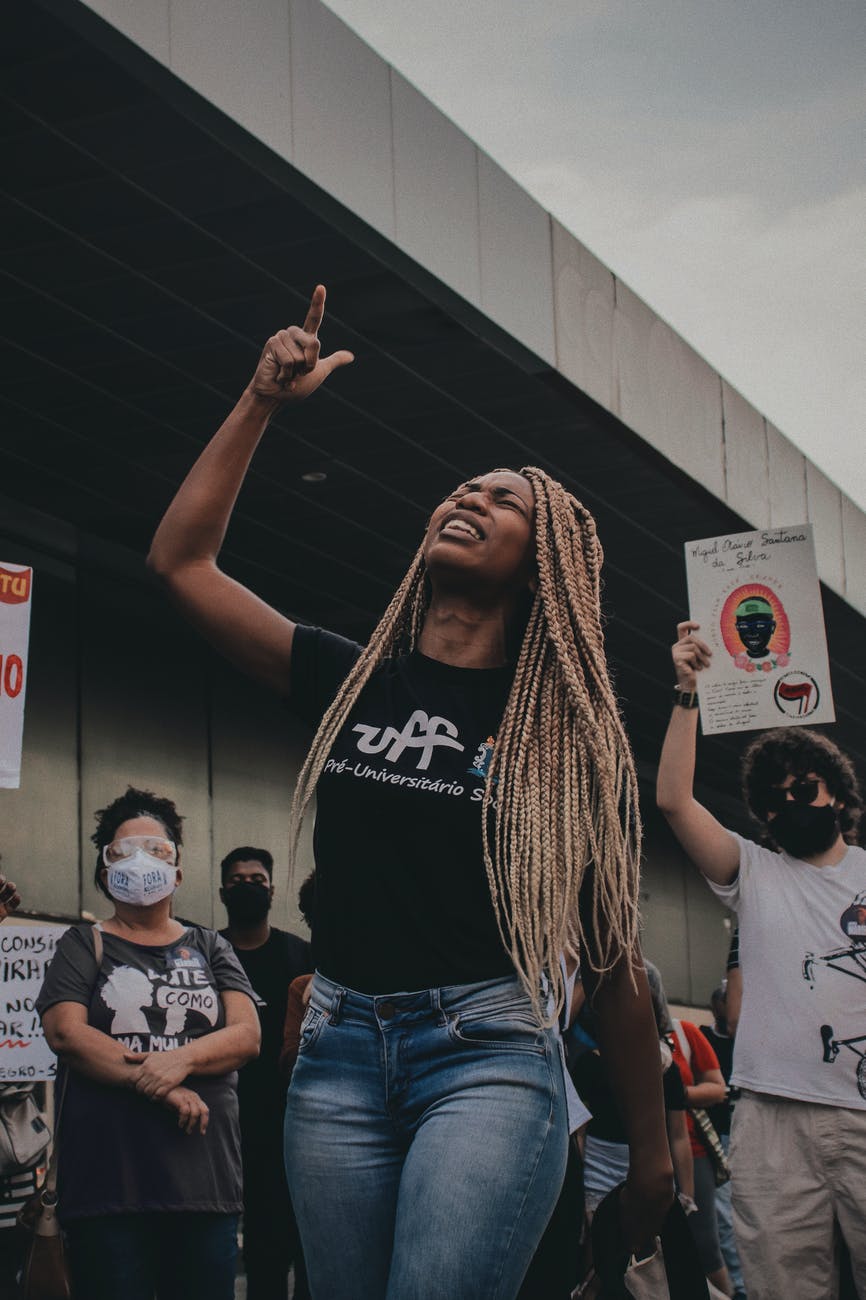
This history of state-sanctioned violence against Black bodies goes back to the inception of slave patrols in the United States. Specifically, in Southern slaveholding states, slave patrols were made of white male vigilantes who were empowered to enforce slavery laws.
Slave patrol members could enter anyone’s home based on suspicion of someone protecting an escaped slave. Slave patrol members would use lethal force to protect and serve the white, wealthy, and well connected. From the origins of American policing, there is a direct correlation between slave patrols, modern-day police departments, and state-sanctioned violence against Black bodies.
Police departments in modern-day America are failing to meet basic international human rights standards when it comes to lethal force. A study done by the University of Chicago law school found that in the United States’ 20 most populated cities, not a single department complied with the minimum standards under international human rights laws.
This fact isn’t surprising based on the anti-Black policing that we see every month. Outcries of reform are coming from the public due to the results of deaths, but I ask, “Can you reform a racist root that was meant to control and patrol Black bodies?”
A Case Study on the Miscarriage of Justice
Let’s talk about the tragic case of Breonna Taylor, a Black EMT killed in her bed because of a no-knock warrant. Law enforcement was hoping to make a drug bust, but the person they were looking for was already in custody.
The grand jury failed to bring charges against the cops who murdered Breonna Taylor and traumatized her boyfriend Kenneth Walker.
The courts failed to attain justice. They handed down no real conviction for the murder, only deciding on three counts of wanton endangerment towards the inanimate, neighboring apartment — not Breonna — for one Officer Brett Hankison.
Elected Kentucky Attorney General Daniel Cameron also failed! He failed to recommend any charges for the cops who killed Breonna Taylor. He claimed that the cops were justified in their actions and claimed this was indeed a tragedy — empty words and erasure after 194 days of a calling for justice.
Meanwhile, police have been arresting thousands and thousands of protesters demanding justice on her behalf.
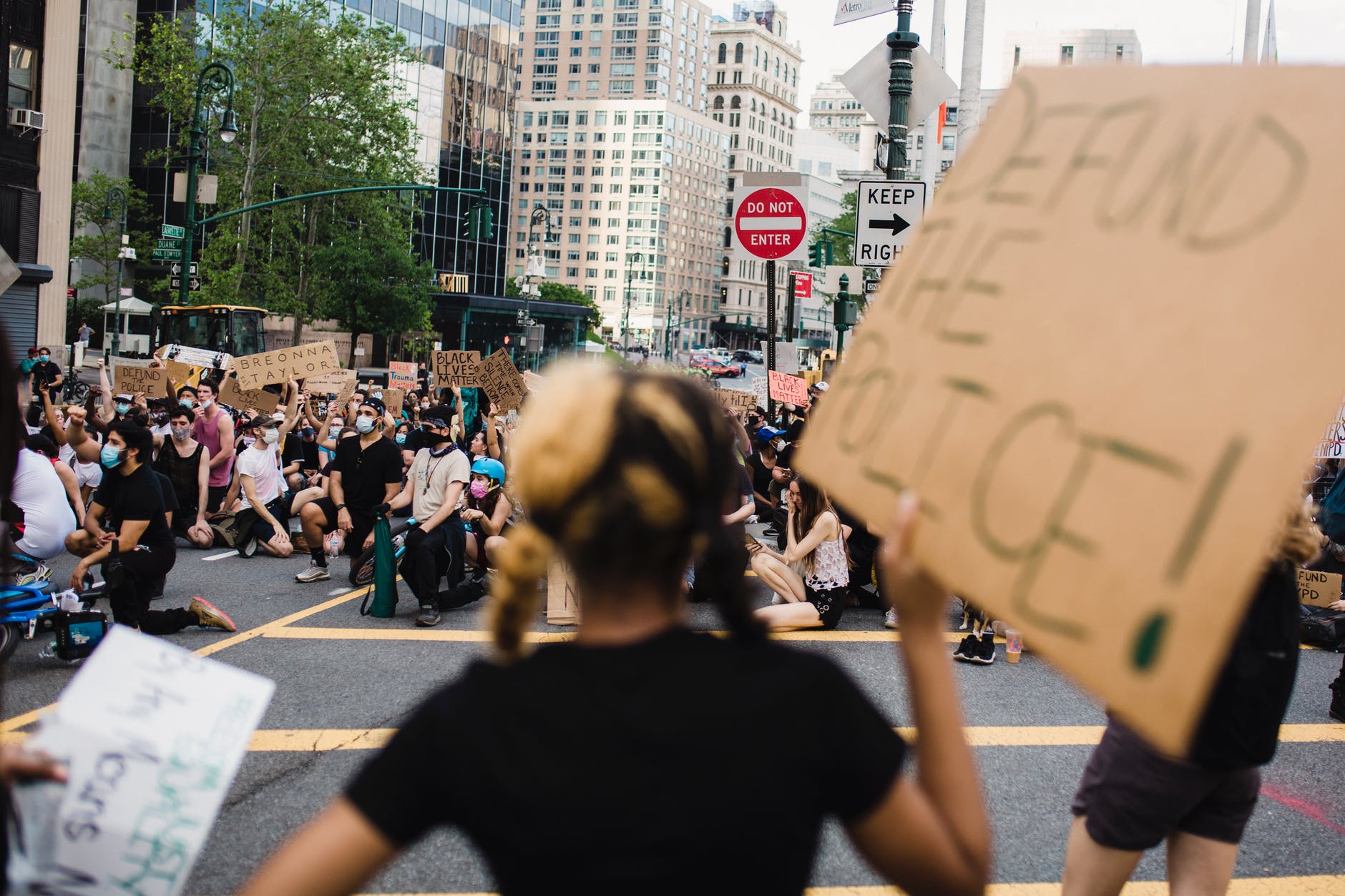
The African American Policy Forum said, “This decision extends the business-as-usual disregard of Black life to yet another gut-wrenching case of a Black woman cut down by police practices that would not be tolerable if they disproportionately endangered the lives of their white women.”
The grand jury announcement was three minutes and forty-three seconds long and did not mention Breonna Taylor’s name once. There was no accountability for applying lethal force on a human in a circumstance that did not require it.
This was simply a miscarriage of justice and a further threat to Black women’s mental, emotional, spiritual, and physical wellbeing.
Actionable Steps
Some next steps that will limit state sanctioned violence against Black women and girls are defunding the police and diverting funds into Black and Brown communities for improvements, policy reform for the use of lethal force against non threatening 911 calls, and holding police accountable for violence against Black women and girls.
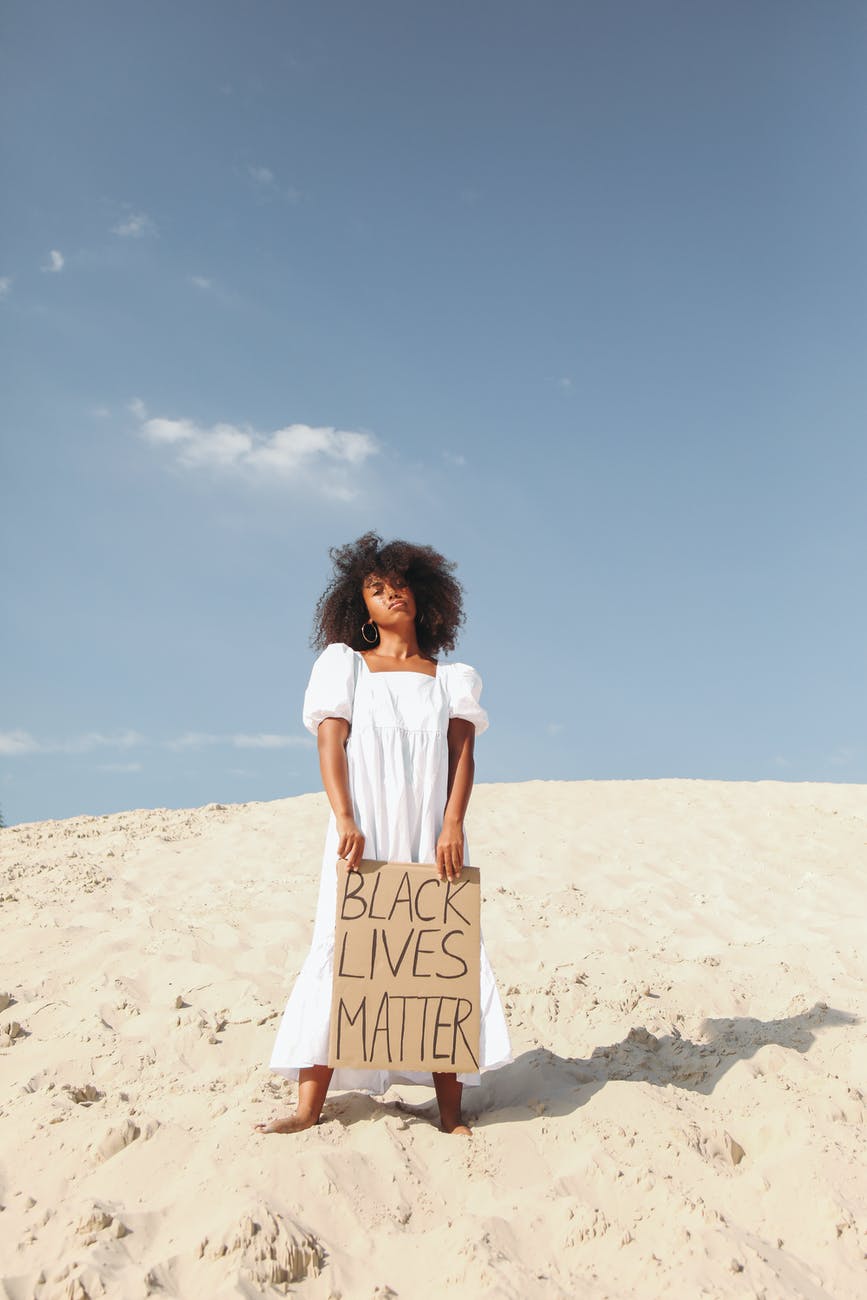
As a minimum, police departments must include evidence-based training on race and gender violence against Black women and make sure that there are consequences for violent actions including but not limited to firing, prosecuting, and sentencing police offenders.
On an individual level, I would advise local leaders and laypeople to listen to and believe the voices of Black women. Listen to the stories of Black mothers who have lost precious daughters, and lament with them.
Next, start working towards inclusion, centering Black women’s stories in conversations about social justice movements, reform, and abolition. This might lead to the discovery of another injustice.
Lastly, lobby, vote, write, preach, petition, protest, pray, #SayHerName, and remember to love Black women. There is real work to be done, and it begins with you.
Listen to Kiki’s podcast on Breonna Taylor and Black womanhood here! Check out more from Kiki’s Korner below:


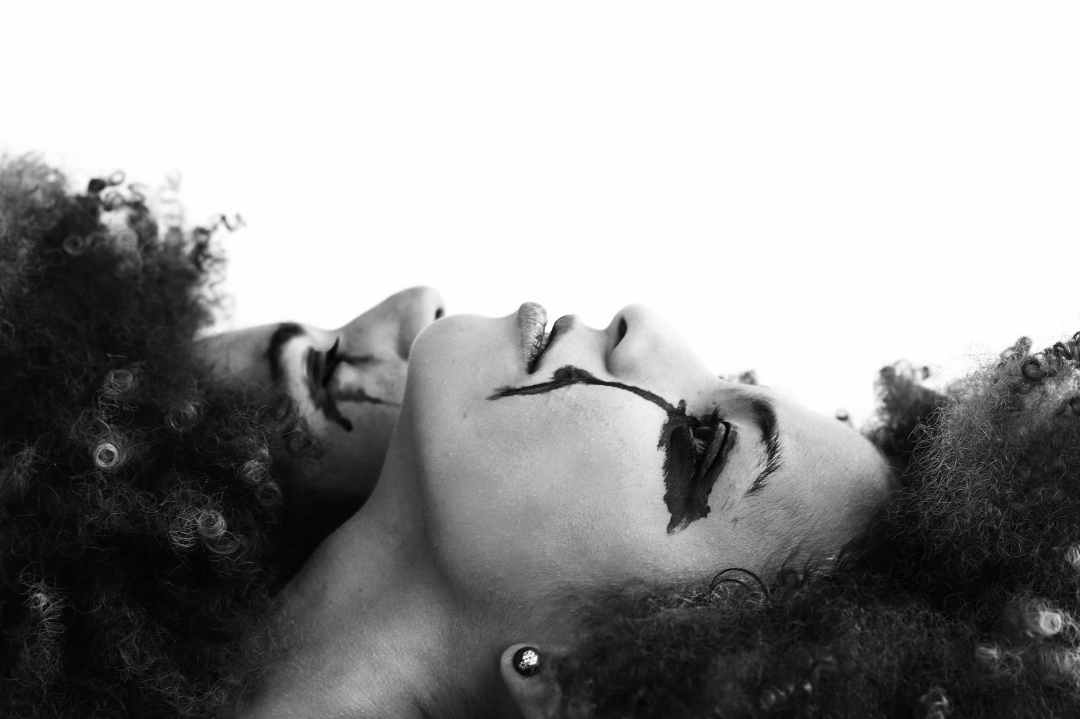
Hi Kiki – caught your podcast by accident – enjoyed it – your emotions and logic come through strong and clear. I am also a Wheatley (1961) and am proud that Wheaton can produce in 2020 a voice like yours to speak against the white supremacy of the evangelical church in America. I heard Dr. McKenzie’s (History Dept.) lecture on populist and Christian nationalism – excellent. I recommend it to you. My theological studies on God’s kingdom have given me a perspective on how our kingdom citizenship is counter cultural to our national citizenship. White Christians (I am white) have conflated the two. I am also a retired American History teacher and have been reading recently about the grip that white supremacy has on our nation. Willie James Jennings has written a commentary on Acts that has fueled my thoughts on that – Jennings writes from within the black community, a community, as you know, that has suffered colonial oppression. Unfortunately, we now are witnessing the refusal of our Congress to recognize that oppression by their failure to investigate the January 6 insurrection. Throughout our history the Congress has always had to be dragged kicking and screaming to recognize racial reality in our nation. It is no different today. Thanks for your podcast – it sparks many thoughts. I will share your work with some friends. God bless you.
Jack
LikeLike